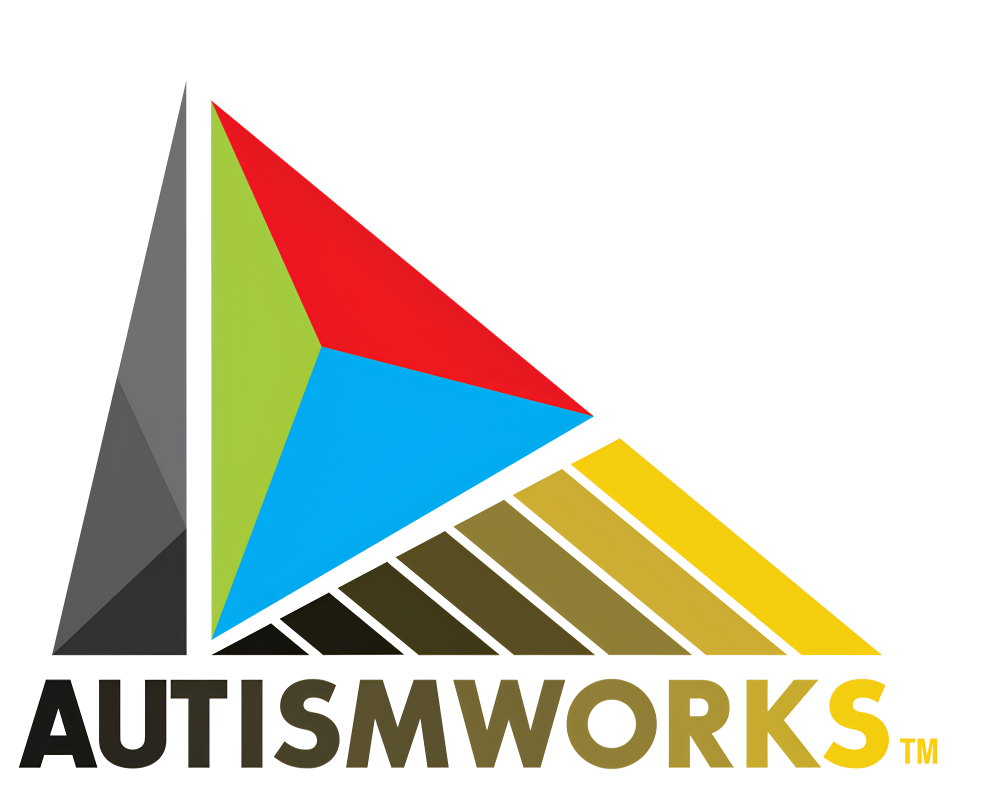Making Transitions Easier: Shifting with Confidence and Calm
Hello AutismWorks Community,
Transitions are part of life—from switching between tasks to moving through big life changes like new schools, new homes, or new routines. But for many individuals with autism, even small transitions can feel overwhelming. The brain thrives on predictability, and when that predictability is disrupted, it can lead to stress, anxiety, or shutdowns.
The good news? With the right tools and support, transitions can become more manageable—and even empowering.
Why Transitions Are Challenging
Whether it’s ending a favorite activity or adjusting to a new environment, transitions require mental flexibility. For someone with autism, the difficulty often lies in:
-
Unexpected change – Shifts that aren’t planned can feel jarring.
-
Loss of control – A change in routine might feel like losing a sense of safety.
-
Overstimulation – Moving from one setting to another may increase sensory demands.
-
Emotional attachment – It can be hard to stop something enjoyable or face the unknown.
Transitions don’t just require physical movement—they also demand emotional and cognitive shifts, which take extra effort.
Strategies That Help
Here are practical ways to support smoother transitions, both big and small:
1. Visual Schedules
Use pictures or written schedules to outline what’s coming next. This creates a clear, predictable structure that can ease anxiety.
2. Countdown Warnings
Give advance notice before a change happens. For example, “Five more minutes, then we’ll clean up.” This gives time to mentally prepare.
3. Use a Transition Object
A familiar object (like a favorite toy, keychain, or fidget item) can offer comfort and consistency during movement from one place to another.
4. Practice Transitions in Advance
Role-play or rehearse changes—especially for bigger events like moving to a new class or starting a new routine.
5. Celebrate the Shift
Mark the transition with a positive cue, like a small reward, a fun song, or words of encouragement. It turns the moment into something to look forward to.
Bigger Life Transitions
Life transitions like changing schools, moving to a new home, or entering adulthood require even more planning. Support can include:
-
Social stories to explain what will happen and what to expect
-
Gradual exposure to new environments before the actual transition
-
Open conversations about fears, expectations, and emotions
-
Consistency wherever possible (like keeping bedtime routines or using the same lunchbox even in a new setting)
The goal isn’t to eliminate all discomfort—it’s to build trust and support as confidence grows.
Empowering Self-Awareness
As individuals grow, helping them recognize what makes transitions hard—and what helps—can be powerful.
-
“What makes this change feel tough?”
-
“What do you need to feel calm?”
-
“What can we do together to make it easier next time?”
Self-advocacy begins when someone knows how to ask for what helps them most.
Transitions Are Challenges We Can Face Together
Transitions will always be a part of life—but they don’t have to be overwhelming. With patience, tools, and support, change can shift from something scary to something that opens new doors.
At AutismWorks, we believe that every step—no matter how small—is worth celebrating. Whether it’s changing activities, classrooms, or chapters in life, we’re here to help make those transitions smoother.
Warm regards,
Tyler McNamer



Responses